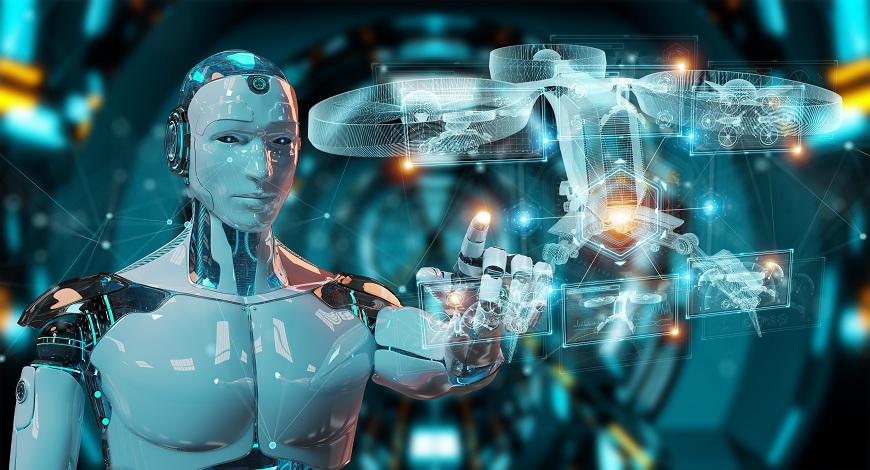
As artificial intelligence (AI) continues to evolve at an unprecedented pace, one of the most unsettling questions emerging is whether these advancements will lead to the rise of autonomous weapons systems in warfare. While AI has the potential to revolutionize many industries, its application in military technology carries significant risks. Autonomous weapons—machines capable of making life-or-death decisions without human intervention—pose a moral, ethical, and security dilemma that could forever change the nature of war.
Autonomous weapons are often called “killer robots,” and the fear surrounding them stems from their ability to operate independently. These systems can be designed to track, target, and eliminate threats using AI algorithms that make decisions based on data, not human judgment. While human oversight may still be present in some cases, the long-term concern is the possibility of fully autonomous weapons acting without human intervention. Drones, robotic soldiers, and self-driving military vehicles could all fall under this category, raising alarms about the future of combat.
One of the most compelling arguments favoring autonomous weapons is their ability to minimize human casualties. Proponents argue that AI-powered machines could perform dangerous tasks with greater precision and fewer mistakes than human soldiers. In theory, these weapons could be deployed in high-risk environments, such as battlefields littered with landmines or areas contaminated by chemical or nuclear threats, where human soldiers would face significant harm.
Moreover, AI systems could be programmed to make faster, more accurate decisions than humans in combat, potentially giving military forces an edge over adversaries. Machines can process vast amounts of data quickly, assessing threats and determining the best action in real-time. This could lead to faster, more efficient military operations, with fewer errors caused by human fatigue, emotion, or misjudgment.
However, the darker side of AI in warfare raises the most concern. As AI systems become more advanced, the possibility of machines making decisions that could lead to unintended consequences increases. Autonomous weapons might be programmed to target specific individuals or groups, but what if these systems misinterpret data or are manipulated by malicious actors? The risk of accidental escalation in a conflict is high, especially if AI systems are designed to make independent decisions without proper safeguards.
Additionally, the absence of human judgment in decision-making raises significant ethical questions. War is inherently complex, with moral and political dimensions that are difficult to quantify. An autonomous weapon may lack the capacity to make nuanced decisions considering a situation’s context or its actions’ potential consequences. For instance, while a human soldier may hesitate to open fire on a target due to the presence of civilians, an AI system might not be able to make that distinction, potentially leading to tragic civilian casualties.
Another primary concern is the potential for autonomous weapons to be used in ways that violate international law or human rights. In conflicts involving autonomous systems, accountability becomes murky. Who is responsible if an autonomous weapon kills innocents or commits war crimes? The lack of clear lines of responsibility could lead to a legal and moral vacuum where no one is held accountable for the actions of machines.
Moreover, developing autonomous weapons could trigger a new arms race as nations rush to build increasingly advanced AI-driven military technology. This could destabilize global security and increase the likelihood of conflicts breaking out as countries seek to maintain or gain a technological advantage. The deployment of these weapons could also make warfare more impersonal, with the focus shifting from diplomacy and negotiation to automated, high-tech combat.
In response to these concerns, several organizations, including the United Nations, have called for international regulation and a ban on fully autonomous weapons. Some advocates argue that it is essential to establish legal frameworks that govern the development and use of AI in warfare to ensure that machines do not replace human responsibility.
In conclusion, while AI holds the potential to revolutionize military operations, its application in autonomous weapons raises significant ethical, moral, and security concerns. As technology advances, the possibility of machines deciding matters of life and death without human oversight becomes more real. Governments, military leaders, and international organizations must take proactive steps to address these concerns, ensuring that the future of warfare remains within the bounds of humanity’s control. Without proper regulation, autonomous weapons could become a threat to global peace and stability, posing serious risks to human civilization.







